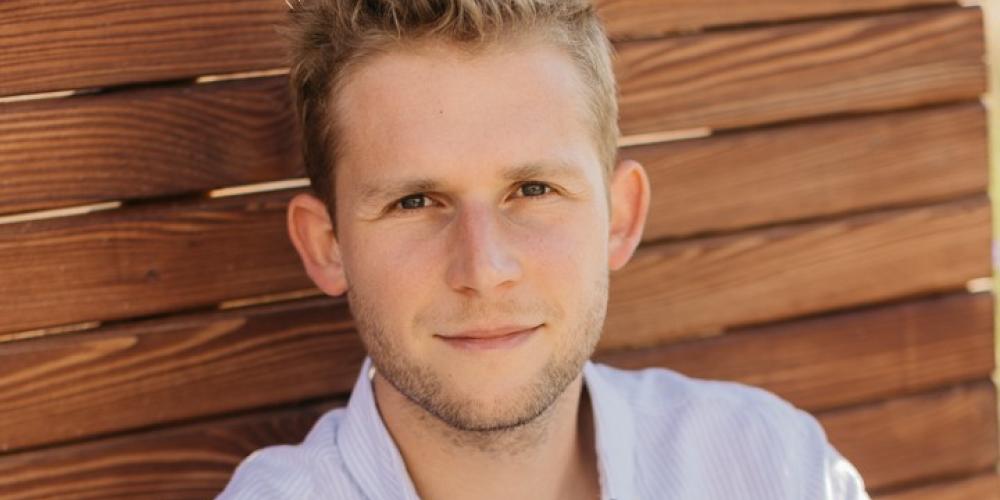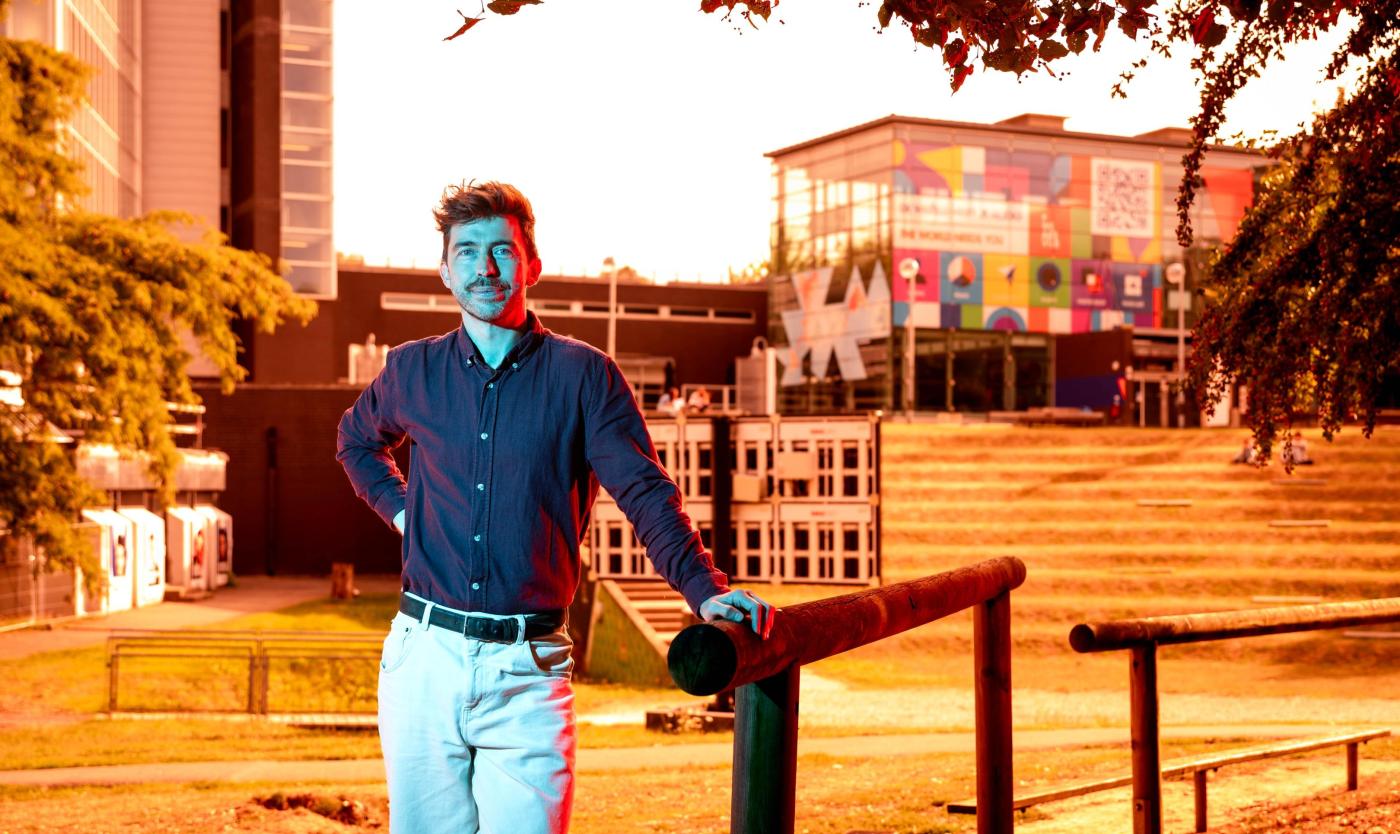
On 12 October, consumer organisation Test-Aankoop warned that now is the time to switch to a fixed energy contract, even if variable contracts are currently cheaper. Energy prices are expected to rocket again due to a variety of events. How can we best protect ourselves against sometimes extreme variation in energy prices? Diederik Coppitters explored this during his PhD research at the Vrije Universiteit Brussel and Université de Mons. “If you want to power an average family home for the next 20 years using energy from the grid, a fixed price energy contract is unlikely to be the cheapest solution. Install eight solar panels on your roof, and then even with the investment made, that’s the best solution for an average family home according to current forecasts.”
The condition is that there are not too many major changes that affect markets. “From the past, we’ve learned that such predictions are seldom correct,” says Coppitters. “Often even worst-case scenarios are far from the reality.” Of course, that’s a problem for those who need to invest. That’s why Coppitters looked at information systems that perform complex forecasts in space, where small errors can sometimes have disastrous consequences. “By using this kind of mathematical formula, we can simplify very complex simulations and work them out on a standard laptop very quickly.”
If you apply those simulations to the average household, 15 solar panels with a home battery appears to be the most stable system for the future. Coppitters: “The investment cost may be higher, but you will be much better protected against economic outliers and wildly fluctuating energy prices in an uncertain future.”
Coppitters’ method also allows for the simulations to be scaled up for businesses and even whole societies. His calculations result in a sort of “robustness indicator”, that policymakers can evaluate alongside other factors such as environmental impact in their decisions on the energy mix in Belgium. It’s an extra tool that can be seen as an insurance for an uncertain future.
“The forecasts also fit perfectly in the REPowerEU plan and the European Commission’s guidelines to diversify Europe’s energy supply by moving away from Russian gas and towards local energy production. These are the robust energy systems of the future,” says Coppitters. “Hybrid, with a mix of self-generation and import. It’s not the case that if we can produce energy ourselves, we will necessarily have a secure supply. Solar panels are better for the environment than burning fossil fuels, but what happens when the sun doesn’t shine so strongly, or the installation suddenly breaks down? There is a sweet spot between the percentage of dependent and self-generated energy that better protects us in the event of setbacks.”

